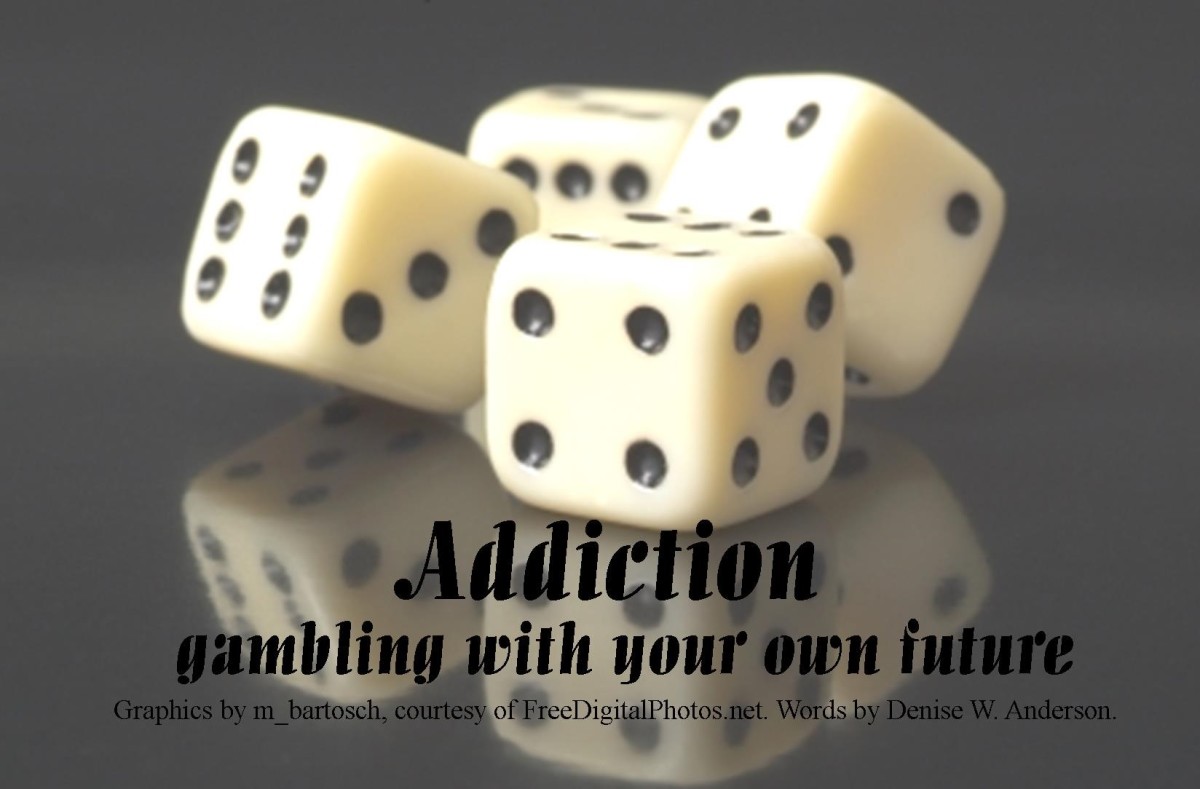Are You Addicted to Happiness?

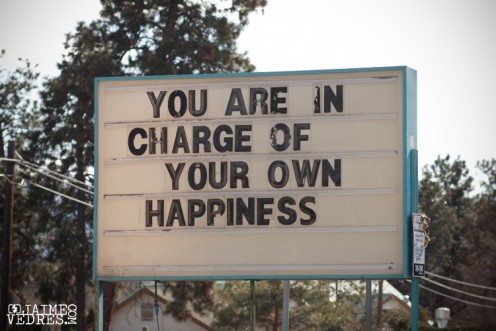


This came from a dream I had in August 2010. However, I do not remember much except when speaking to someone who was very discontent I made a statement to them which stayed with me. Thoughts and meditations which came from that statement are what follow.
Have you ever heard it said?
“Too much of a good thing can quickly become a very bad thing.”
I have, often. Although I had not given it much thought before this except to acknowledge its truthfulness. But just think with me of Christmas or Thanksgiving dinners. Oh it was indeed such a good thing. All that turkey and stuffing, the green bean casserole, sweet potatoes, gravy, salads, perogies, cabbage rolls and let’s not forget the desserts! But if one just ate and ate, as so many of us tend to do, what soon becomes evident is; too much of a good thing has indeed become a very bad thing.
Or… think of playing in the sun at the beach or at a family picnic or shopping with an uncontrolled credit card. What started out as happiness can soon turn into horrible misery.


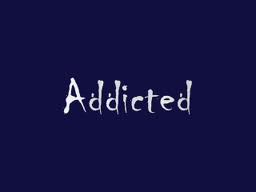
The dictionary meaning of “addicted” gives a very sobering look at this particular word. Addicted is an adjective portraying someone who is devoted or given up to a practice or habit. Addictions cause one to become physiologically or psychologically dependent on an addictive substance, such as alcohol or a narcotic or even hobbies, people, or enjoyable things. Addictions cause one to habituate or abandon oneself to something compulsively or obsessively. (Merriam-Webster's Medical Dictionary © 2007 Merriam-Webster, Inc.)
Some of the synonyms of the word addicted are: absorbed, accustomed, attached, dependent, devoted, disposed, fanatic, fond, given over to, given to, habituated, hooked, hyped, imbued, inclined, obsessed, predisposed, prone to, spaced out, strung out, under the influence, used to, wedded to. These synonyms give a more complete picture of what an addiction can be to a person.
Addicted means being dependent on something, compulsive.
Customary means being in accordance with convention or custom.
Usual means what is commonly or normally encountered, experienced, or observed.
Habitual means what is made a norm or custom or habit or fixed practice.
We need to be careful to recognize the difference between these very separate actions.
The definition presented here of addiction is a sober reading. One, which I believe, must be taken seriously. One which when closely examined comes closer to home than we would ever dare to admit. I have heard it said by a counsellor from a teen addictions camp that although many of us are not addicted to a specific substance, we are indeed addicted to self.
Therefore I decided to look into what the Bible says about addiction? The Greek word is δουλόω and is used only eight times in the New Testament: Romans 7: 13; Acts 7:6; Romans 6:18; 1 Corinthians 7:15; 1Corinthians 9:19; Galatians 4:3; Titus 2:3; 2Peter 2:19
The word addicted in the Greek is the masculine noun, δουλόω; (transliteration douloō ) which has at its base δοῦλος from the Strong’s Greek Dictionary (G1401). This strong word means first to make a slave of, reduce to bondage. Second it is also used as a metaphor: to give myself wholly to someone's needs and service, make myself a bondman to that person; whether that person is myself or another or a substance or habit. The writers of the New Testament show that this is definitely not a word that should ever be used casually.



When someone is addicted to happiness, or to the high of happiness, there is no room for the “normal,” for the regular. There is a deep need to always “feel” the emotion of happiness; the state that we are okay and that “happy” is evident. This expectation can invade our marriages, our home life, school life, work. Too often we are under the false impression that our “life” should be filled with only good things and if sadness or hardship or struggle comes our way it is considered bad and to be gotten rid of. Because of this we have taken away from the meaning and value of commitment. Nobody wants to stay committed to something that is not making them “happy.”
Even in Church life someone is in this state may find themselves going from revival to revival or conference to conference. There is name for this type of personality called “conference junkies.” They come for the conference high which would only last them a certain period of time and brings them a sense of happiness but when that dissipates they quickly search out another conference. The revival high is craved and sought after–desperately needed. It is that excitement of being born again, again. People look for a feeling - Happiness, which is as intangible as fog, unreliable fog which quickly burns off when the heat of the sun hits it, or in this sense, the daily very often mundane grind of living.
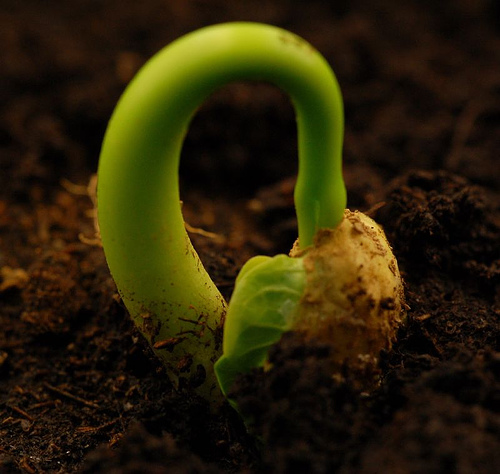
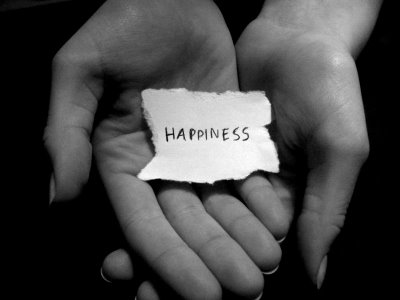

Trusting joy, maturity, grows in the valleys, in the ‘normal’ or ‘regular’ living. Exciting revelation truly may be received in the ‘revival’ or at a conference but that is just the seed. The maturity of that seed comes in the normal daily exercise of growing. And seed needs grey, rainy days as well as warm sunny days. If a person never allows themselves to experience and walk the valleys with Jesus, where does trusting joy and faith grow? Where does maturity take place?
When there is an addiction to happiness there is a compulsive dependence on being “happy” all the time. There is no room for sadness, or hard living. In this state there is no strength to commit through sickness or health; richer or poor; good times or bad? And by the current statistics for divorce, Christian or otherwise, it sadly shows we are a culture of happiness addicted people. And again it is not just seen in marriages, but relationships in general; be they friendships or work related encounters. If “you” don’t make me “happy” I will go look for someone or something else as my happiness is the all important thing.
There is a difference between searching for personal “happiness ” and searching for the godly happiness , the “joy” of the Lord. Happiness is temporal and joy is eternal. Happiness is earthly, joy is heavenly. Happiness is dependent on circumstances whereas the godly happiness, joy is dependent only on the presence of God.
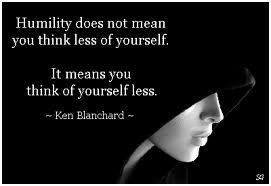

It takes humility to live in the joy of the Lord…deliberately choosing to be dependent on God. It takes trusting humility to walk through the hard times, the growth time. Joy is dependent on an eternal God while happiness is dependent on temporal circumstance, people, &/or events which surround me. Happiness is a high while joy brings a deep peace of heart.
Addiction to happiness causes a person to search out for comfort foods or activities. For some people they search out excitement whether in the form of regular or extreme sports. Others, accomplishing something spectacular is what they search for; causing work-aholicism or hobby-aholics. Someone addicted to happiness will search this emotion out at all risks and costs.
This discussion should stir yet another question; why are we addicted to things? Often, not always, it is to quiet the shame that assaults us. Our addiction to “happiness” is a shame appeaser. We “feel” shameful so we attempt to drown it out with happiness. Because after all isn’t that what the great American dream is all about, being happy. Simply stated addictions of any kind are based on utter personal selfishness. We end up looking after our own personal happiness, not like the feeling of shame and/or guilt therefore wanting to remove the awareness of it. An addicted desire for happiness can lead to rebelliousness – I want what I want regardless of the cost – I was out for me and that was all that could be seen. Happiness focuses on me whereas godly joy focuses on Jesus.
Looking spiritual cannot cover or change the past. It will not chase away shame. Only Jesus has the way and the means through God’s provision of the cross.
Is your happiness the all important thing? Think about it.
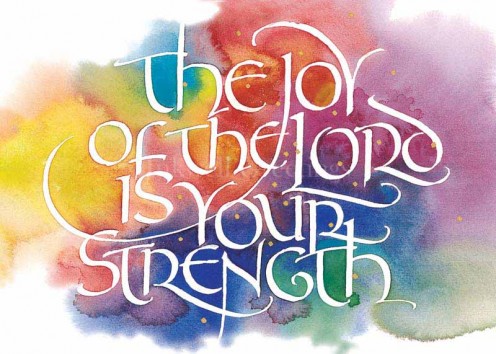
People joyful in spite of great loss:
- Paul of Tarsus - Wikipedia, the free encyclopedia
- Horatio Spafford - Wikipedia, the free encyclopedia
- John Newton - Wikipedia, the free encyclopedia
- Corrie ten Boom - Wikipedia, the free encyclopedia
- Amy Carmichael - Wikipedia, the free encyclopedia
- Watchman Nee - Wikipedia, the free encyclopedia
- Dietrich Bonhoeffer - Wikipedia, the free encyclopedia
- C. S. Lewis - Wikipedia, the free encyclopedia
- Elisabeth Elliot - Wikipedia, the free encyclopedia


